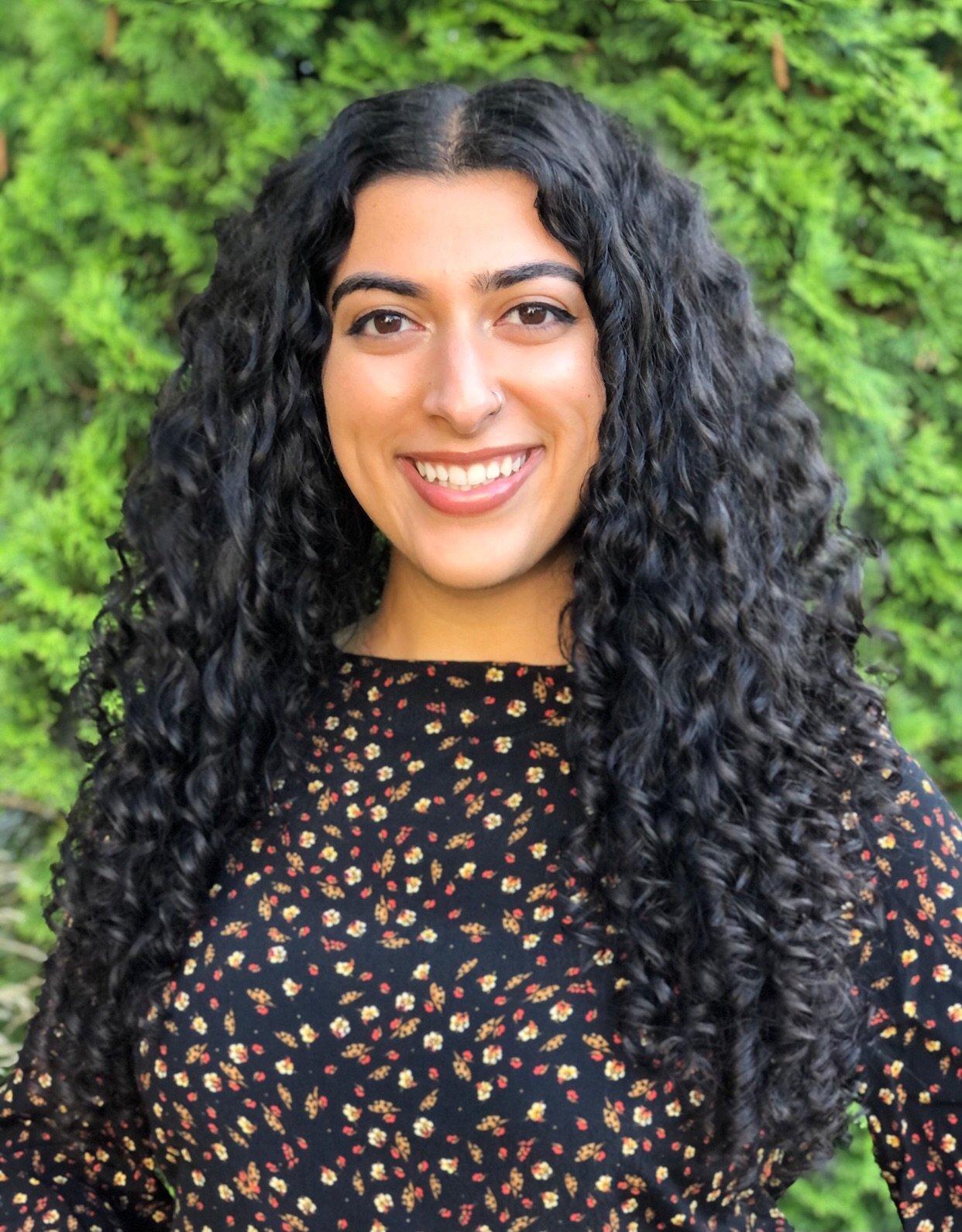After starting medical school, I’ve realized that being a first-generation college student is one of my greatest assets. Growing up in an immigrant family, my parents’ sacrifices motivated me to excel, and the challenge of paving my own path through academia shaped me into the person I am today. Nonetheless, navigating medial school as a first-generation college student has been a complex challenge. According to the AAMC, less than 20% of medical students are the first in their families to go to college (let alone pursue a professional degree). The picture is even more stark for MD/PhD students, of whom just 8% identify as first-generation.
This post aims to highlight some of the tips I’ve acquired in my first few months of medical school as a first-generation college student.
COMBAT IMPOSTER SYNDROME
Imposter syndrome describes an internal experience of feeling like you don’t belong or that you aren’t as talented as others might perceive you to be. Imposter syndrome disproportionately affects high-achieving students from underrepresented backgrounds, such as first-generation college students. The first step to overcoming imposter syndrome is acknowledging these feelings. Once you’ve reflected on and challenged these thoughts, you can work to separate these feelings from fact. This takes different forms for different people, but often includes a lot of self-affirmations, focusing on the positive, and owning your accomplishments.
ADD A NEW PERSPECTIVE
Given the homogeneity of most medical schools, first-generation college students have a unique capacity to add diversity of thought to medical school communities. Moreover, as physicians, we can draw on our formative experiences in order to build relationships of mutual respect and understanding with diverse patient populations. In this way, being a first-generation college student is a unique strength that has the capacity to shape the future of medicine.
SEEK OUT MENTORS
Good mentors will support your personal and professional development by serving as both guides and advocates for your success. It can be especially challenging to find role models in medicine from backgrounds like our own. This makes it even more important to start looking for mentors early in medical school. Start by identifying physicians or faculty members you admire and consider asking your advisor for recommendations. You may need to meet with several people until you find a mentor who is a good match. Some students meet with mentors on a monthly basis, while others may meet once a year. The terms of your mentor-mentee relationship are up to you, but know that you have a personal advocate and resource to turn to in times of need.
FIND YOUR COMMUNITY
In addition to faculty mentors, other students can also serve as sources of support. Try connecting with older students in your program who can provide advice based on their experiences. In addition, most medical schools have an office dedicated to DEI issues and affinity groups such as First-Generation Low Income (FGLI) groups. These groups provide a space to talk about how your identity shapes your experiences with students from similar backgrounds. If these groups are lacking at your school, don’t be afraid to start up your own!
PAY IT FORWARD
Some of the best mentors I’ve had are older first-generation students who chose to pay forward the support they’ve received. As you progress within your program, keep notes on your reflections to pass on this information to future students. Consider getting involved with DEI efforts at your medical school, such as pipeline programs and community outreach. By supporting the development of the next generation of physicians, you can shape the future of medicine and ensure that the medical field is a more welcoming and inclusive space.


Comments